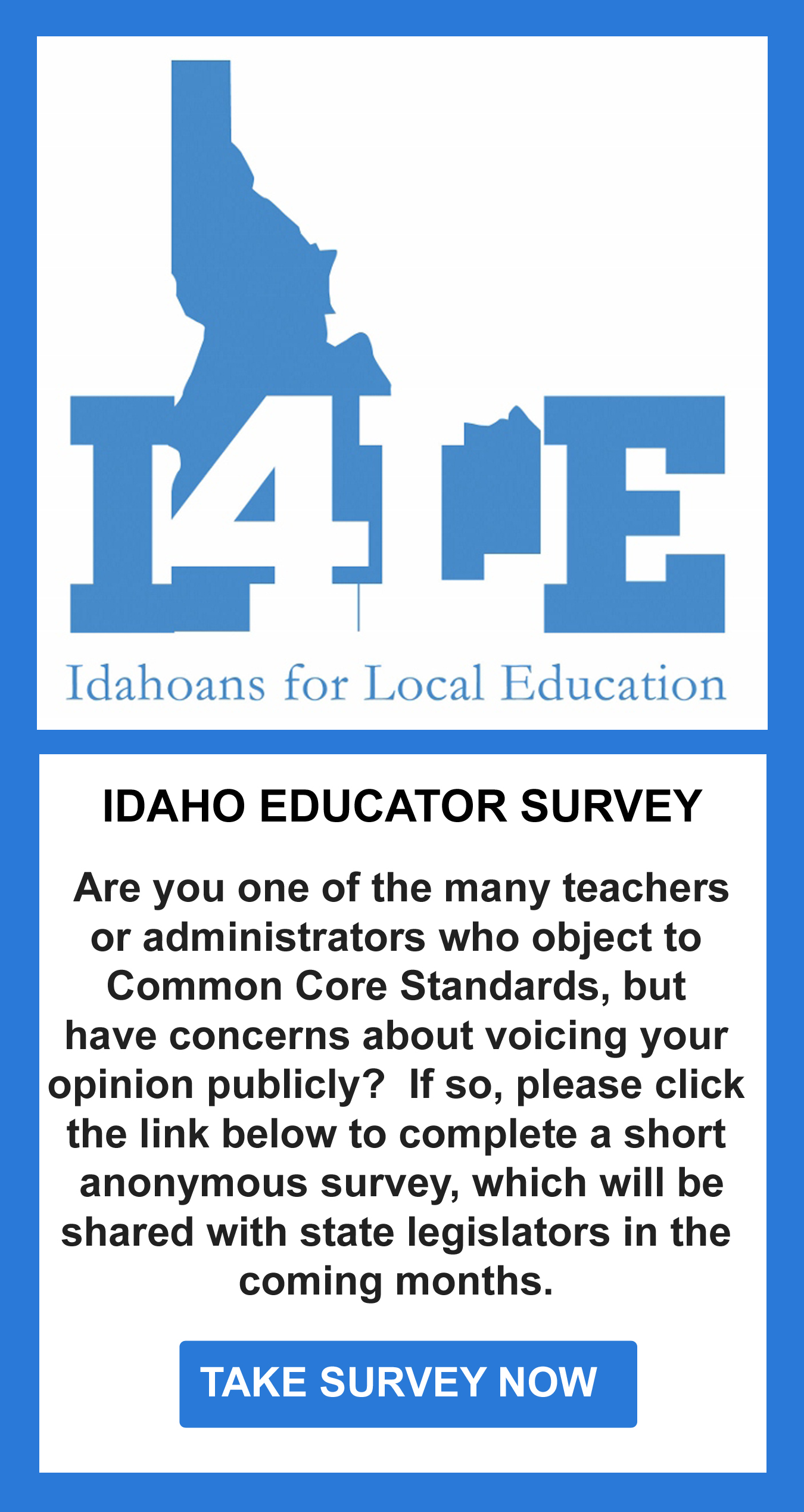SIX THINGS THE US DEPT OF EDUCATION DID TO DEPRIVE YOUR CHILD OF PRIVACY
This is a summary of a post that was made in 2013. I know that was a lifetime ago but the article is still relevant.
SIX THINGS THE US DEPT OF EDUCATION DID TO DEPRIVE YOUR CHILD OF PRIVACY
1. Sneaky Thing Number One: It bribed the states with ARRA Stimulus monies to build 50 linkable, twinlike State Longitudinal Database Systems (SLDS). This act created a virtual national database.
Who needs a national database when you can get each state to build one using the exact same platform?
2. Sneaky Thing Number Two: It altered the (previously privacy-protective) federal FERPA (Family Educational Rights Privacy Act) law to make access to personally identifiable student data –including biological and behavioral data– “legal”.
So now, the act of requiring parental consent (to share personally identifiable information) has been reduced from a requirement to just a “best practice” according to the altered federal FERPA regulations.
3. Sneaky Thing Number Three: The US Department of Education partnered with private groups, including the CCSSO (that’s the Council of Chief State School Officers —copyright holders on Common Core–) to collect student data nationally.
And not just any data, but disaggregate data. It’s personal!
4. Sneaky Thing Number Four: It used private-public partnerships to promote data linking among agencies. The Data Quality Campaign is one example. The National Data Collection Model is another example. The Common Educational Data Standards is another example.
We have copies of MOUs between state agencies here in Idaho. They’re sharing data amoungst themselves.
Example one: from the Data Quality Campaign: “as states build and enhance K12 longitudinal data systems they continue building linkages to exchange and use information across early childhood, postsecondary and the workforce and with other critical agencies such as health, social services and criminal justice systems.”
Let that sink in: linking data from schools, medical clinics, and criminal justice systems is the goal of the Federal-to-CCSSO partnership. So nothing will be kept from any governmental agency; nothing is to be sacred or private if it is known by an SLDS serving entity (any state-funded, state-accountable school).
5. Sneaky Thing Number Five: The Department of Ed created grants for Common Core testing and then mandated that those testing groups synchronize their tests, report fully and often to the U.S. Department of Education, share student-level data, and produce “all student-level data in a manner consistent with an industry-recognized open-licensed interoperability standard that is approved by the Department”.
So federally funded Common Core tests require Common data interoperability standards.
6. Sneaky Thing Number Six: The Department of Education directly lied to the American Society of News Editors. In a June 2013 speech given to the American Society of News Editors, Secretary Duncan mocked the concerns of parents and educators who are fighting Common Core and its related student data mining:
“A new set of standards — rigorous, high-quality learning standards, developed and led by a group of governors and state education chiefs — are under attack as a federal takeover of the schools. And your role in sorting out truth from nonsense is really important… They make.. outlandish claims. They say that the Common Core calls for federal collection of student data. For the record, we are not allowed to, and we won’t. And let’s not even get into the really wacky stuff: mind control, robots, and biometric brain mapping. This work is interesting, but frankly, not that interesting.”
Despite what the state school board and the federal Department of Education claim, corporations do know that Common Core and student data mining are interdependent.
To read the rest of the article go to: https://whatiscommoncore.wordpress.com/2013/10/15/six-things-the-us-dept-of-education-did-to-deprive-your-child-of-privacy/
Tags: data collecion, FERPA




